Machine Learning in Personalized Medicine: Transforming Healthcare Diagnostics
Introduction
Did you know that 80% of healthcare data is unstructured, making it a goldmine for machine learning? In today’s world, where precision in healthcare is more crucial than ever, personalized medicine is revolutionizing the way diseases are diagnosed and treated. Unlike the traditional “one-size-fits-all” approach, personalized medicine tailors treatments to an individual’s unique genetic profile, lifestyle, and environment.
Machine learning (ML) plays a pivotal role in this transformation. By analyzing vast amounts of healthcare data, ML enables doctors to make faster, more accurate diagnoses and design personalized treatment plans. But how exactly does machine learning enhance personalized medicine? And what impact does it have on healthcare diagnostics?
Let’s dive into the details of how machine learning is transforming personalized medicine and reshaping the future of healthcare.
What is Personalized Medicine and Why Does It Matter?
Understanding Personalized Medicine
Personalized medicine, also known as precision medicine, is a medical approach that tailors treatment plans based on an individual’s genetic makeup, lifestyle, and other unique factors. Instead of treating all patients with a standardized method, personalized medicine ensures that interventions are specific to the patient’s needs.
How Personalized Medicine Differs from Traditional Medicine
- Traditional Medicine: Uses a general approach where treatments are designed for the “average” patient.
- Personalized Medicine: Uses data-driven insights to create targeted therapies that work best for individual patients.
Why Personalized Medicine is Important
- Genetic Diversity: People respond differently to medications due to genetic variations.
- Chronic Diseases: Conditions like cancer, diabetes, and heart disease require specialized treatment strategies.
- Advancements in Genomics and AI: With the rise of machine learning, we can now analyze genetic data faster than ever before.
The Role of Machine Learning in Healthcare Diagnostics
What is Machine Learning and How Does it Work in Healthcare?
Machine learning is a branch of artificial intelligence (AI) that enables computers to analyze complex datasets and make predictions. In healthcare, ML models process data from various sources, including:
- Genomic Data (DNA sequencing, genetic markers)
- Electronic Health Records (EHRs)
- Medical Imaging (MRI, CT scans, X-rays)
- Wearable Devices (smartwatches, fitness trackers)
Key Applications of Machine Learning in Diagnostics
1. Early Disease Detection
ML helps identify diseases like cancer, Alzheimer’s, and heart disease at an early stage, improving treatment outcomes.
- Example: Google DeepMind’s AI detects diabetic retinopathy with 90% accuracy.
2. Predictive Analytics for Patient Outcomes
ML predicts patient responses to treatments, allowing doctors to make data-driven decisions.
- Example: IBM Watson analyzes clinical trial data to recommend personalized cancer treatments.
3. Image Analysis in Radiology and Pathology
ML-powered image recognition tools assist radiologists in detecting abnormalities in scans.
- Example: AI models analyzing mammograms detect breast cancer more accurately than human radiologists.
4. Genomic Sequencing and Interpretation
ML identifies genetic mutations that may lead to disease, helping in targeted drug development.
- Example: AI-driven genetic testing identifies patients at risk for hereditary diseases.
How Machine Learning Enables Personalized Medicine
1. Genomic Analysis and Precision Diagnostics
Machine learning analyzes genetic data to identify disease risks and recommend targeted treatments.
- Example: AI-based genomic platforms like Deep Genomics predict how genetic mutations affect health.
2. Predictive Modeling for Treatment Plans
ML algorithms predict patient responses to medications, allowing for customized treatment plans.
- Example: AI in chemotherapy optimization selects the most effective drugs for individual cancer patients.
3. Wearable Devices and Real-Time Monitoring
ML interprets data from wearables to detect health anomalies and suggest lifestyle changes.
- Example: Apple Watch’s ECG feature detects irregular heart rhythms, preventing cardiac emergencies.
4. AI in Drug Discovery and Development
ML accelerates drug discovery by analyzing billions of molecular structures.
- Example: Atomwise uses AI to develop personalized drugs for rare diseases.
Benefits of Machine Learning in Personalized Medicine
- Faster Diagnoses: AI detects diseases within minutes compared to hours or days for traditional tests.
- Increased Accuracy: Reduces human error in diagnosing complex diseases.
- Cost-Effective Healthcare: Lowers medical expenses by optimizing treatment plans.
- Improved Patient Outcomes: Personalized treatments lead to higher recovery rates and better quality of life.
Challenges and Ethical Considerations
1. Data Privacy and Security
Handling sensitive patient data requires strict privacy regulations and cybersecurity measures.
2. Bias in ML Algorithms
AI models can be biased if trained on unrepresentative datasets, leading to healthcare disparities.
3. High Implementation Costs
Deploying AI in healthcare requires significant investment in technology and training.
4. Ethical Concerns and Regulatory Barriers
Ensuring AI-driven healthcare decisions are transparent and ethical remains a major challenge.
The Future of Machine Learning in Personalized Medicine
- AI-Powered IoT Devices: Smart sensors will monitor patient health in real time.
- Explainable AI: AI models will become more transparent, increasing trust in healthcare AI.
- Global Collaboration: AI will enable worldwide research collaboration for personalized medicine advancements.
Conclusion
Machine learning is revolutionizing personalized medicine by enhancing diagnostics, treatment plans, and patient outcomes. With AI-driven innovations, we are moving towards a future where every patient receives a treatment plan tailored specifically to their genetic and lifestyle factors.
What are your thoughts on the role of AI in healthcare? Share your opinions in the comments below!
FAQs
1. How does machine learning improve healthcare diagnostics?
Machine learning analyzes complex medical data to detect diseases early, predict treatment responses, and assist in radiology and genomics.
2. Can AI completely replace doctors in the future?
No, AI complements doctors by providing data-driven insights, but human expertise remains essential for patient care and decision-making.
3. What are some examples of AI in personalized medicine?
Examples include IBM Watson for cancer treatment, Google DeepMind for eye disease detection, and AI-driven genomic sequencing platforms.
4. What are the risks of using AI in healthcare?
Risks include data privacy concerns, algorithmic bias, high costs, and the need for strict regulations to ensure ethical AI use.
5. How can patients benefit from machine learning in medicine?
Patients receive faster, more accurate diagnoses, personalized treatment plans, and better healthcare outcomes, leading to improved quality of life.
Please don’t forget to leave a review.
on techcyclohub
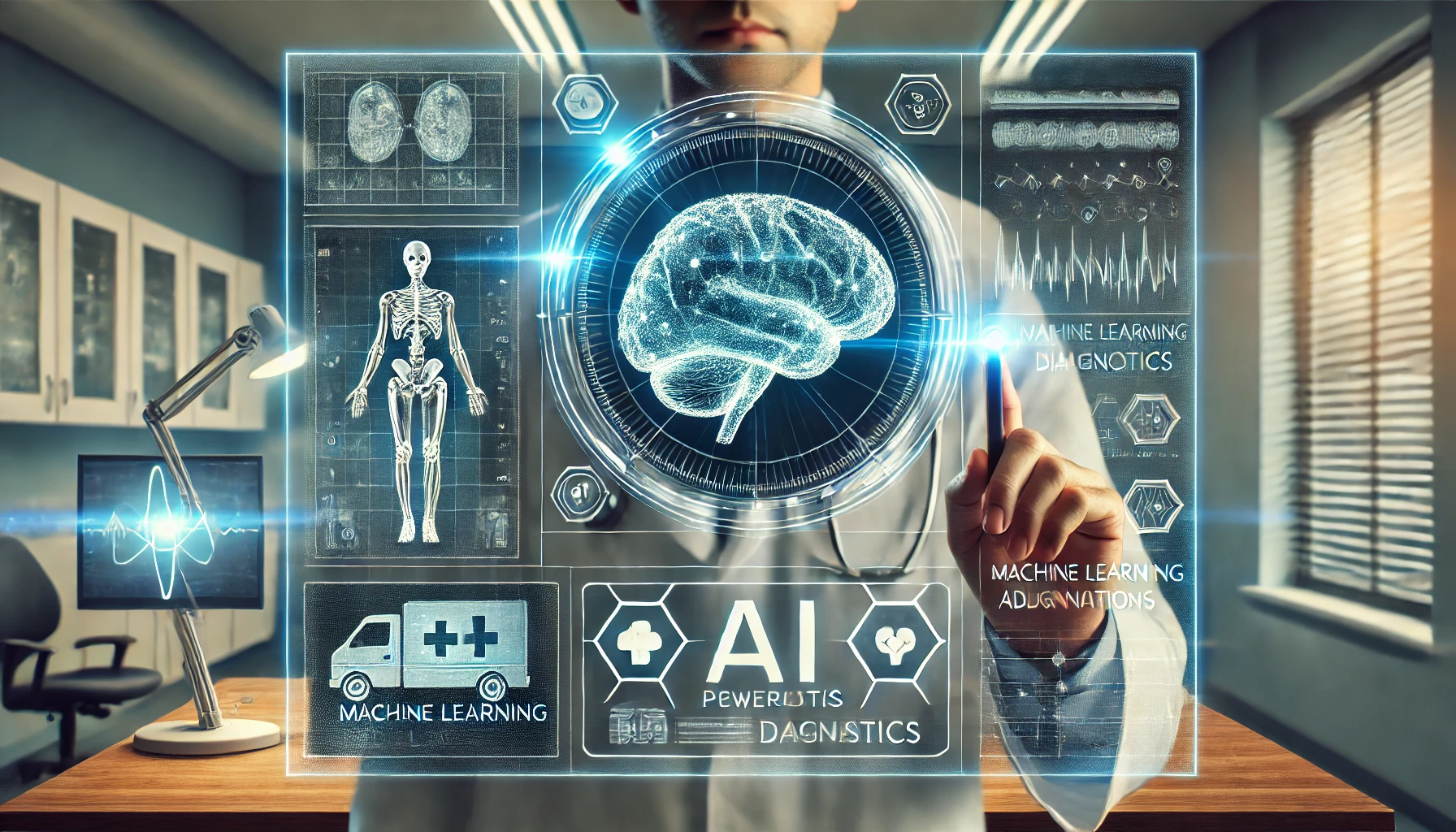
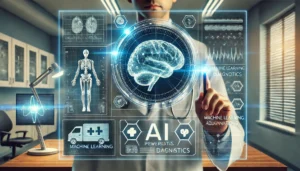

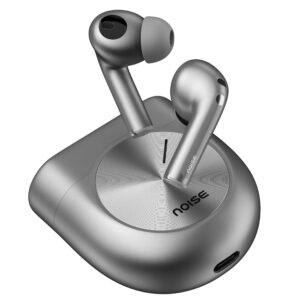



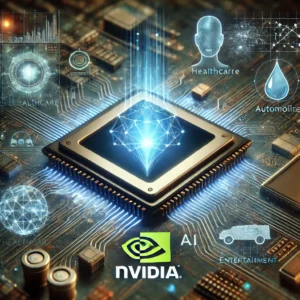
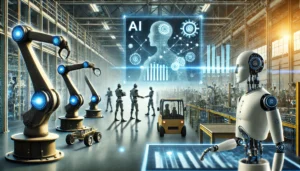
Interesting read! Seeing platforms like Champion Zone really push for transparency with algorithms & payouts is a big step forward. Thinking of checking out a champion zone slot download myself – sounds secure & engaging! Great article overall.